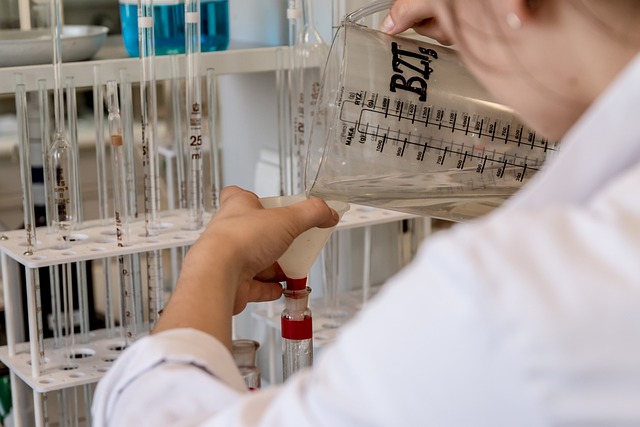GMO
Genetically Modified Organisms
Genetically Modified Organisms (GMOs) have become a significant part of modern agriculture and food production. These organisms have been altered at the genetic level to exhibit traits that are not naturally found in the species. While GMOs have sparked intense debate, understanding their benefits and challenges can provide clarity on their role in our lives.

What are GMOs?
GMOs are organisms, a plant or an animal, that has been unnaturally altered. They are created using biotechnological techniques that involve altering the DNA. This can include adding new genes, removing existing ones, or modifying genetic sequences to enhance desired traits. For example, genetically modified crops might be engineered to resist pests or tolerate herbicides, which can lead to increased agricultural efficiency and reduced reliance on chemical inputs.
Why Use GMOs?
One of the primary benefits of GMOs is their potential to increase crop yields and improve food security. By developing plants that can withstand harsh environmental conditions or resist diseases, farmers can produce more food on the same amount of land. Additionally, GMOs can contribute to reduced use of pesticides and herbicides, which can benefit the environment. Nutritional enhancements are another advantage; for instance, genetically modified rice has been engineered to contain higher levels of essential vitamins.


Controversies and Concerns
Despite these advantages, GMOs face significant controversy. Critics raise concerns about potential health risks, environmental impacts, and ethical considerations. Some argue that GMOs may contribute to the loss of biodiversity and the emergence of resistant pests. There is also ongoing debate about labeling practices and consumer rights to know what is in their food.
As technology advances, the future of GMOs will likely involve more refined techniques and greater precision. Innovations such as CRISPR gene editing promise to enhance the ability to modify organisms with fewer unintended effects. However, public perception and regulatory frameworks will continue to shape the development and use of GMOs. Balancing scientific progress with ethical and environmental considerations will be key to ensuring that GMOs contribute positively to global food security and sustainability.
